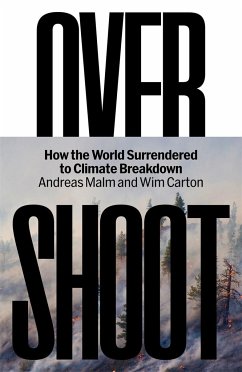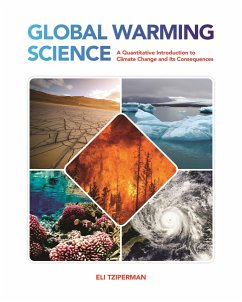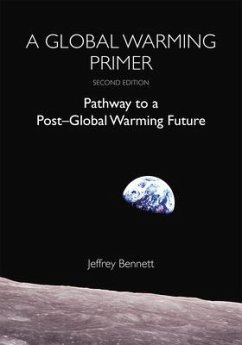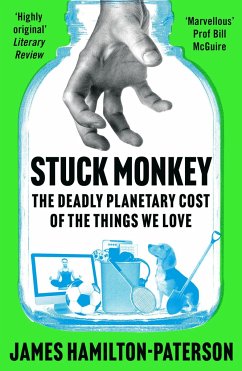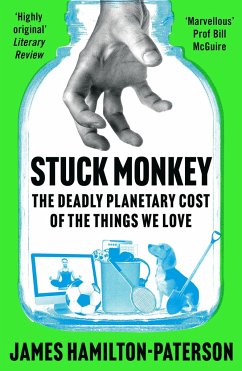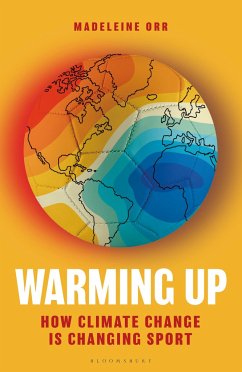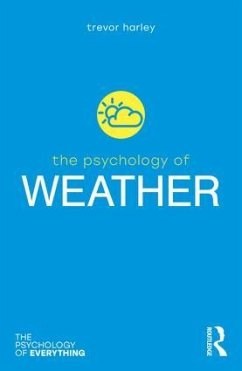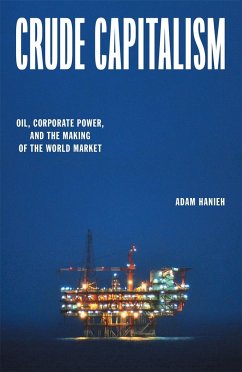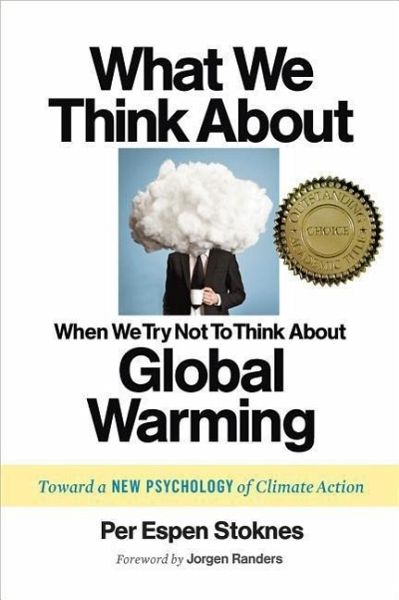
What We Think about When We Try Not to Think about Global Warming
Toward a New Psychology of Climate Action

PAYBACK Punkte
14 °P sammeln!
Today, about 98 percent of scientists affirm that climate change is human made, and about 2 percent still question it. Despite that overwhelming majority, though, about half the population of rich countries, like ours, choose to believe the 2 percent. And, paradoxically, this large camp of deniers grows even larger as more and more alarming proof of climate change has cropped up over the last decades. This disconnect has both climate scientists and activists scratching their heads, growing anxious, and responding, usually, by repeating more facts to "win" the argument. But, the more climate fa...
Today, about 98 percent of scientists affirm that climate change is human made, and about 2 percent still question it. Despite that overwhelming majority, though, about half the population of rich countries, like ours, choose to believe the 2 percent. And, paradoxically, this large camp of deniers grows even larger as more and more alarming proof of climate change has cropped up over the last decades. This disconnect has both climate scientists and activists scratching their heads, growing anxious, and responding, usually, by repeating more facts to "win" the argument. But, the more climate facts pile up, the greater the resistance to them grows, and the harder it becomes to enact measures to reduce greenhouse gas emissions and prepare communities for the inevitable change ahead. Is humanity up to the task? It is a catch-22 that starts, says psychologist and climate expert Per Espen Stoknes, from an inadequate understanding of the way most humans think, act, and live in the world around them. With dozens of examples, he shows how to retell the story of climate change and apply communication strategies more fit for the task.




